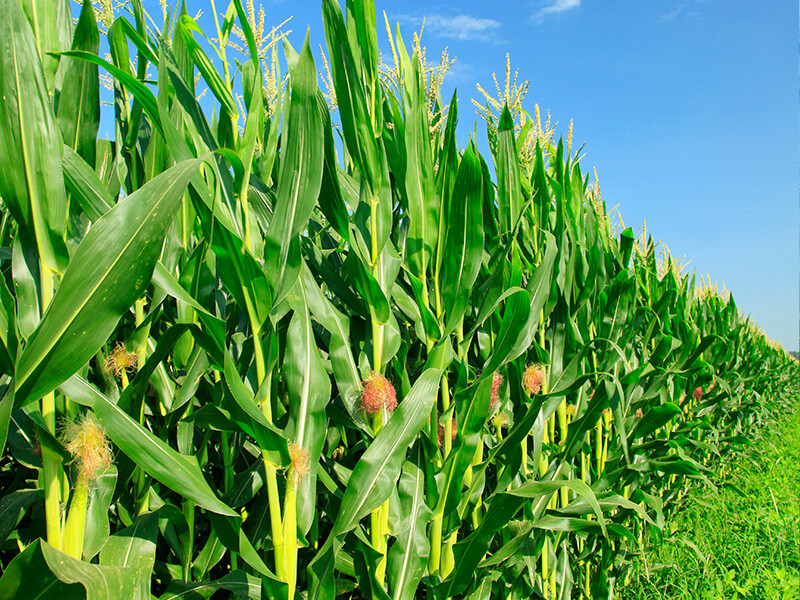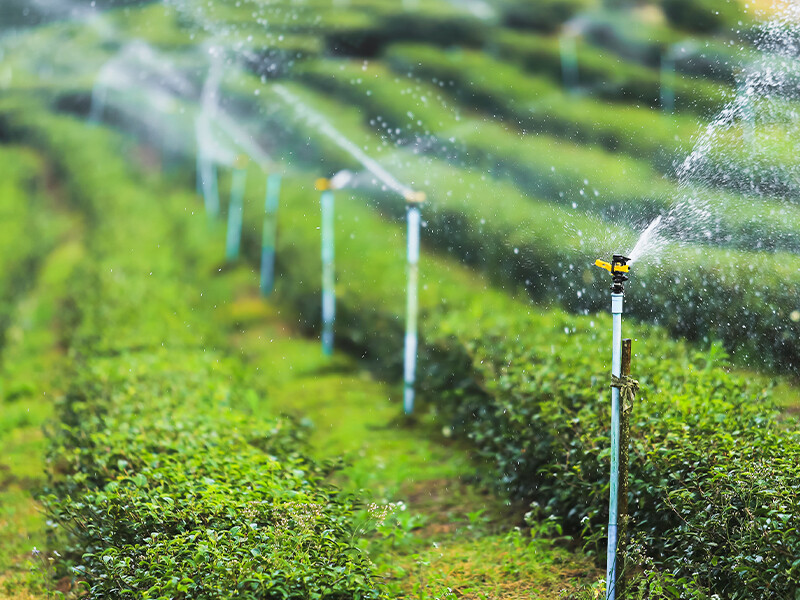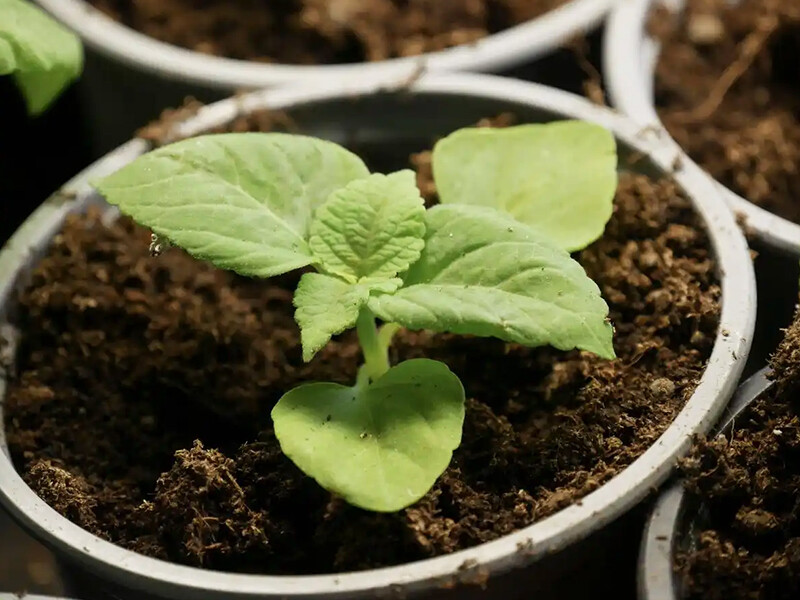Nasheng Import & Export looks forward to working with global partners to build a mutually beneficial agricultural input supply chain ecosystem.
Categories List
1. Apply foliar fertilizer when crop roots are aging and their absorption capacity is weakened.
In the later stages of annual crop growth, root vitality declines, reducing their ability to absorb nutrients. If topdressing is required, root application will not meet the crop's needs. Foliar spraying is appropriate.
2. Foliar fertilizer is essential when crops are experiencing nutrient deficiencies.
During crop growth, when certain nutrient deficiencies are already present, soil fertilization will take time for the nutrients to be absorbed by the crop, failing to promptly alleviate the deficiency symptoms. Foliar fertilization can fully utilize the rapid absorption of foliar fertilizers, allowing nutrients to quickly enter the plant through the leaves and address the deficiency. For example, when vegetables are deficient in certain trace elements, resulting in stunted plants and yellowing leaves, foliar spraying can replenish these trace elements and alleviate these deficiency symptoms promptly. This is more effective than topdressing with soil fertilizers, with a higher utilization rate.
3. Foliar fertilizer is essential when crop growth is affected by adverse environmental conditions. When soil conditions are unfavorable for crop growth, such as excessive water or drought, or excessively acidic or alkaline soils, nutrient absorption by crop roots is hindered. However, crops need to quickly recover their growth. Foliar fertilization is necessary to quickly replenish nutrients and meet the needs of crop growth and development.
4. for rapid replenishment of trace elements, foliar fertilization is recommended.
Certain fertilizers, such as phosphorus, iron, manganese, copper, and zinc, are easily absorbed and fixed by soil colloids when applied to the roots, reducing their effectiveness. Foliar fertilization, on the other hand, is not limited by soil conditions and offers advantages such as reduced fertilizer usage, rapid results, high utilization rate, safety, and pollution-free operation.
Leave A Reply
What are you lookking for?



